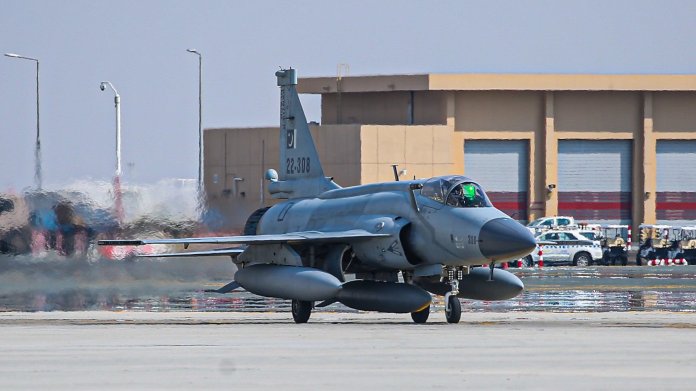Recent reports reveal China's attempt to extend its influence in Latin America by promoting its Main Battle Tank-3000 VT-4 to Colombia, a long-time ally of the United States. This move comes after the U.S. dissuaded Argentina from acquiring Chinese-made JF-17 fighter jets. As China seeks a stronger foothold in the region, the question looms: Will Colombia, one of the oldest U.S. allies, embrace China's military offerings?
In the aftermath of the pandemic, Colombia, feeling the absence of the U.S., became increasingly dependent on Chinese support, both financially and in terms of contractors for local job creation. China's prompt vaccine assistance during COVID-19 earned President Xi Jinping an invitation to address the Colombian people. This paved the way for an upgraded strategic partnership between China and Colombia in 2023.
China North Industries Corporation (Norinco), a major player in the Chinese defense industry, has presented a "bold proposal" to Colombia, offering its Main Battle Tank-3000 VT-4. This proposition is considered a significant milestone in military relations between the two nations and has the potential to reshape the dynamics of military power in the region.
Colombia has expressed interest in enhancing its armored capabilities, intending to create an armored brigade in the La Guajira region and replace its aging fleet of Brazilian armored vehicles. Norinco's live demonstration showcased a variety of military vehicles, including the VT-4, emphasizing its capabilities. The VT-4, a third-generation tank, is based on the Soviet-era T-72 tanks, designed for export with a focus on cost-effectiveness.
If the deal materializes, it could mark a significant turning point in the modernization of Colombia's armed forces, providing them with enhanced deterrent and combat capabilities. This move aligns with China's broader strategy to expand its influence in Latin America, as seen in its growing ties with other countries in the region.
While defense ties between Bogota and Beijing have been gradually strengthening, China has previously donated small military equipment to Colombia. By upgrading to a strategic partnership, China now enjoys strategic ties with ten out of the eleven Latin American countries, with Guyana being the exception.
China's recent pitch to Colombia follows its aggressive marketing of the JF-17 'Thunder' to Argentina. The U.S. State Department responded by offering F-16 fighters, signaling direct competition between Washington and Beijing for influence in the region. Argentina's approval to purchase 38 F-16 fighters, considered a geopolitical move, adds complexity to the U.S.-China rivalry in Latin America.
As China endeavors to expand its influence in Latin America, its military offerings to Colombia and the recent competition with the U.S. in Argentina underscore the evolving dynamics in the region. The decisions made by Colombia and other nations in response to these proposals will undoubtedly shape the geopolitical landscape in Latin America, setting the stage for continued strategic competition between China and the United States.
:quality(70)/cloudfront-us-east-1.images.arcpublishing.com/archetype/WEKGUXBP2JEA5IJLK2WK432SVM.jpg)
